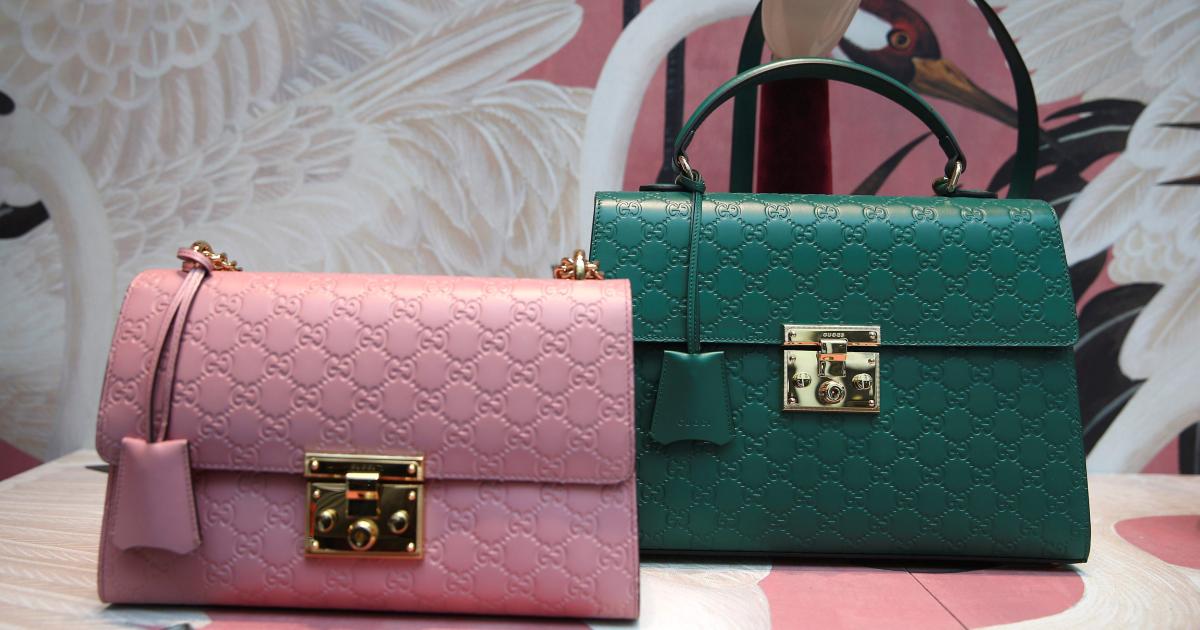NFTs for fashion are inevitable
Fashion is rarely just about utility. It’s also a means of self-expression and a way to communicate status and identity. With lots of shoppers today seeking ways to signal these attributes in the digital world as much as the physical one, it’s created an opportunity for fashion to go virtual.
Some of the industry’s top luxury brands are ready, and one market they’re likely to break into is non-fungible tokens, or NFTs, the blockchain-backed unique digital assets that have been selling for startlingly high prices in recent weeks.
At a conference on fashion and technology hosted by Vogue Business yesterday, Robert Triefus, an executive vice president at Gucci, said it was inevitable that luxury brands would begin to design NFTs. Gucci has yet to delve into the market itself, but for three or four years now it has been making inroads into virtual spaces, creating digital products and environments for games such as The Sims and Zepeto. Recently it also introduced a $12 pair of digital sneakers (paywall) users can purchase through its app and wear in virtual worlds such as Roblox, an online game platform.
While the digital sneakers aren’t NFTs, it’s not hard to conceive of Gucci and other brands releasing NFTs for original virtual goods, or for digital versions of physical goods shoppers have purchased, allowing them to take their real-world items with them into games like Fortnite. “There’s no reason that today you couldn’t buy a bag, get an NFT,” said Ian Rogers, who from 2015 until last year served as chief digital officer at luxury giant LVMH—owner of brands such as Louis Vuitton, Dior, and Celine—in a separate talk at the conference.
NFTs reinforce the exclusivity of luxury items
Rogers, who now works for cryptocurrency firm Ledger but remains a consultant to LVMH, said NFTs have clear applications in luxury. While makers of high-end goods justify their high price-tags by pointing to their pricey materials and craftsmanship, these traits are only part of their value. “Luxury is the business of building identity,” Rogers said. “You don’t buy a luxury handbag because of its incredible utility. You buy it because the brand has built culture, and that culture is something you want to be a part of.”
Exclusivity also plays a big part in luxury’s value, and NFTs support that as well. A digital asset can be copied, but the private key proving ownership of it is unique. It creates the conditions for scarcity, which is vital to the perceived worth of luxury goods.
A question that remains to be answered is how much consumers will spend on NFTs for high-end fashion. Skeptics are already pointing to NFTs as a bubble waiting to burst. And one reason more shoppers don’t buy cheap counterfeits rather than genuine goods is because fakes are rarely the same quality. If you can easily get an exact copy of a digital item, how much incentive is there to shell out for an NFT?
“It’s a world that still has to be understood,” Triefus said of pricing virtual goods. “For us at the moment we’re looking at experiments and pilots where values are attached to certain experiences or digital products so that we can understand what the value system is.”

